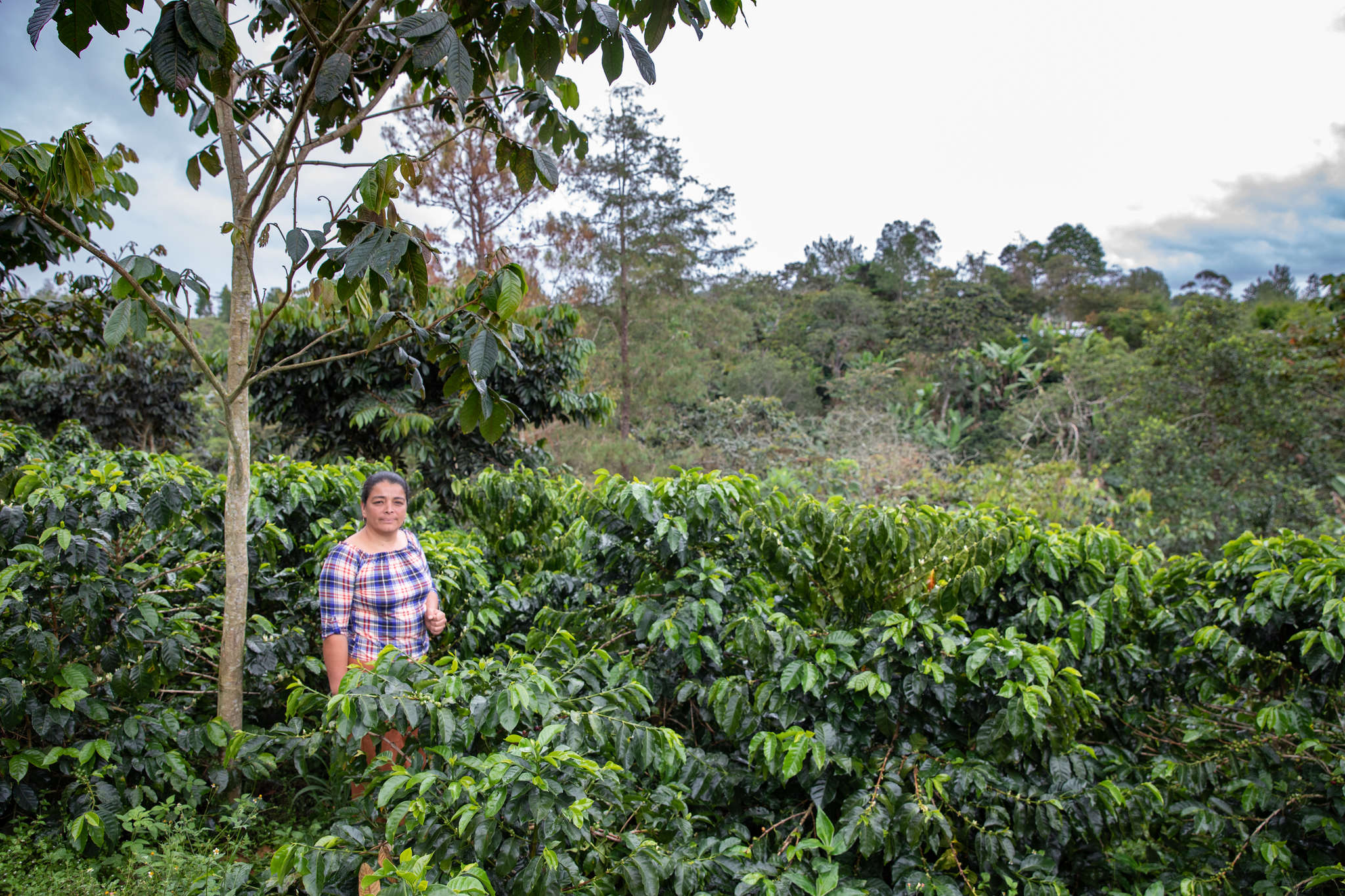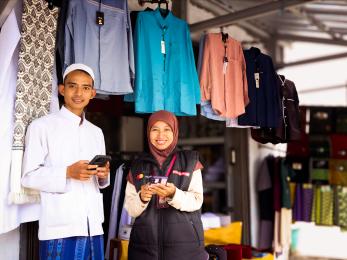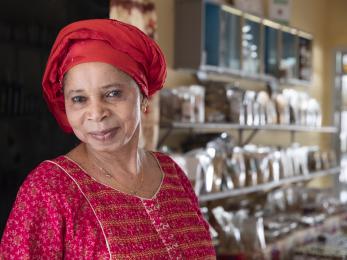Fighting poverty in the Spice Islands
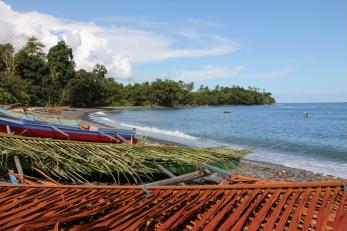
Recently, I was fortunate enough to visit the beautiful Maluku Islands of Indonesia. The breathtaking scenery — abundant hillsides, sparkling beaches, rich foliage — rivals that of well-known Bali, but the remote islands remain unexplored by most tourists.
Perhaps that’s because there is a history of struggle behind that natural beauty. Known as the Spice Islands, the Malukus have historically been and continue to be an important hub of the Indonesian spice trade. But 34 percent of the population is living in poverty (compared to 14.15 percent nationally). Widespread communal violence displaced over half of the 1.5 million residents a decade ago, and the economy has been slow to recover. Today in some regions of the islands, families live on less than 36 cents a day.
And yet, the islands’ rich agricultural productivity and the abundance of valuable spices have tremendous potential to lift these communities out of poverty. Our Spice Up the Deal program aims to turn that potential into reality.
The two-year initiative, funded by the Ford Foundation, is addressing many of the key challenges that prevent clove and nutmeg farmers in the Malukus from fully benefitting from their hard work. Working in five villages, we’re helping 1,500 farmers get tools that were previously not accessible in remote areas; training that helps them produce despite weather challenges; and support from additional agriculture extension workers to increase the quality of the spices.
Most importantly, we are working at every level of the value chain, from local farmer cooperatives to regional traders to international exporters, to develop trust and refine their coordination. The result is increased sales and higher incomes for the individuals at the source of it all.
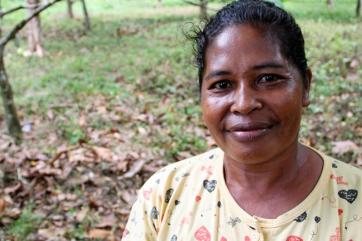
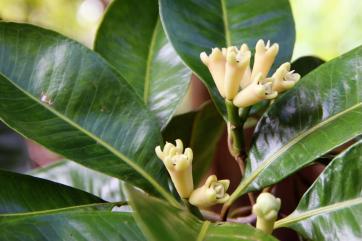
Nearly 18 months into the project, people are happy. In Lateri village, a cooperative of 50 nutmeg farmers is getting higher prices for their spices from exporter PT Ollop, allowing them to invest in new storage facility. That facility will, in turn, allow them to sell higher volumes. This is a common story here and throughout the other four villages where Mercy Corps is working.
PT Ollop is a Dutch-owned spice processing and export company based in the tiny town of Hila, Maluku. Established in 2006 by a couple with origins in the town, PT Ollop’s entrance to the spice market has raised clove and nutmeg prices 4-13% by guaranteeing the cooperatives a purchase price. This has forced other traders to meet this price increase, which has enabled the cooperatives to get a consistently higher price for their spices.
The owners’ son and brother gave me a tour of the facility, pointing out strict hygiene practices that protect the quality of the spices. They proudly told me of their fair employment practices that provide insurance and encourage employee savings programs.
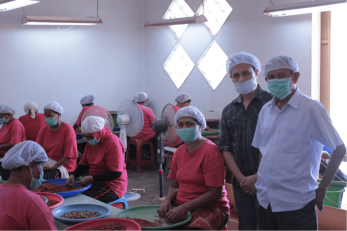
Family is important to PT Ollop, a value that has demonstrated positive returns. Local farmers are getting higher prices for their spices, the company’s employees are receiving fair wages and access to savings, loans and employment advancement opportunities, and PT Ollop is able to sell higher quality spices to the more demanding — and lucrative — European market.
With support from the Ford Foundation, Spice Up the Deal is a prime example of how we work with local companies to bolster the economy and improve lives for an entire community long after we’re there.
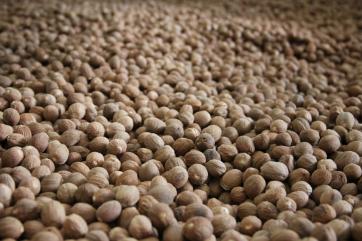
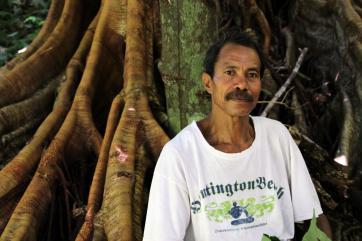
Mercy Corps’ program manager, Tri Somono, is working to make these market linkages sustainable. Tri is partnering with the Government of Maluku and the Indonesian Spice Council to host a spice conference in August 2013 with the goal of formalizing a lasting market system that allows Malukan spice farmers to directly export their product. We’re also working to get organic certification and raise the visibility of Malukan spices with new branding and labeling standards.
The farmers, meanwhile, are working hard with new tools and knowledge to produce quality spices. Together with so many cooperative partners, we can ensure their efforts yield a meaningful return — better quality of life.
